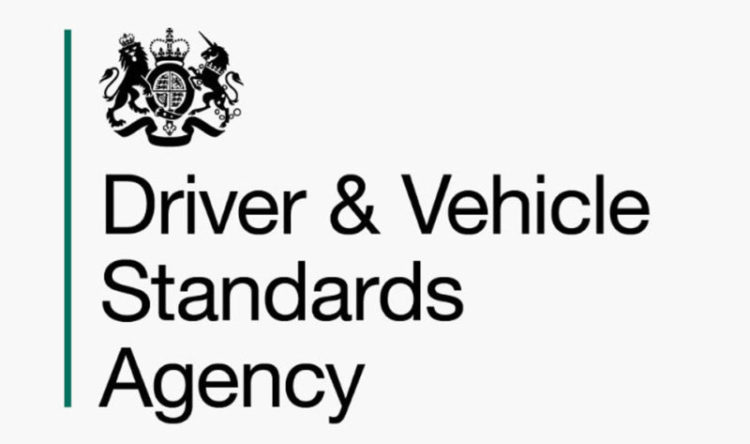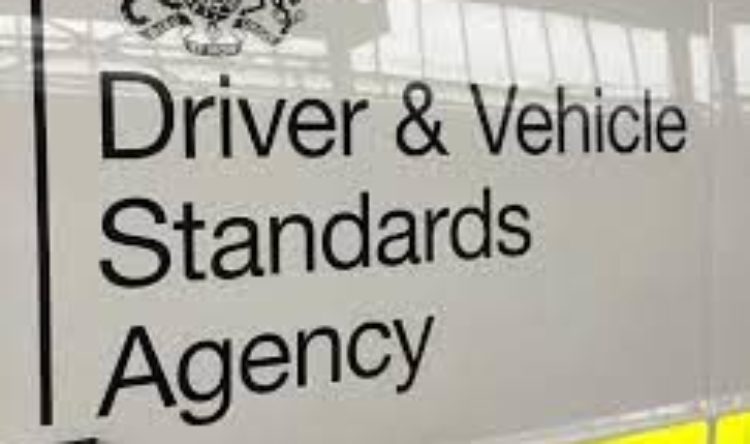Driving licence change
DfT publishes results of consultation
The government has published the results of its consultation of changes to the driving licence.
Following Brexit and in light of the shortage of professional van and lorry drivers, ministers were looking at quick, cost effective solutions.
Officially a Department for Transport (DfT) consultation, it was launched in August 2022. It sought views on a series of changes to the driving licence regime. These included allowing drivers to get behind the wheel of a vehicle weighing up to 7.5 tonnes, having only passed their car driving test.
More than two thirds (69%) of respondents to a Government consultation believe drivers should be automatically entitled to drive vehicles up to 7.5 tonnes when they pass their driving test.
Changing picture
Analysis of responses to the DfT consultation published today (Wednesday, June 7), appears to be support for the change.
Currently, a category B (car) licence entitles holders to drive vehicles up to 3.5t and alternatively fuelled vehicles up to 4.25t (the latter with five hours of additional training) for commercial carriage of goods.
The C1 licence covers medium-sized vehicles from 3.5-7.5t, plus a trailer of a maximum authorised mass (MAM) of up to 750kg, which amounts to a combined total of 8.25t.
Drivers who passed their car test prior to January 1997, also gained entitlement to drive a light lorry or heavy van (C1) without the need for a separate test. Those drivers retained the right after an EU directive created a separate test to obtain C1 entitlement.
DfT statistics suggest that following this EU change, the number of C1 vehicles and their mileage has more than halved. However, the distance lighter vans travelled over the same period increased by 71%. HGV mileage has remained relatively flat.
Support for change
The DfT consultation reveals that more than two-thirds (69%) of the 2,000-plus respondents support the entitlement change. Around a quarter (27%) do not, whilst 3% didn’t know.
Those against the C1 entitlement highlighted the size and weight difference of C1 vehicles to cars and the risk of having an accident could be increased.
One respondent wrote: “These larger vehicles require a higher standard of driving and medical fitness to be in place. Without the requirement for further training there would be an increase in accidents and incidents including fatalities.”
The vast majority of respondents agreed that there should be an age restriction though. Most (89%) agreed, including two-thirds (65%) who thought it should be 21 years and above, while around one in eight (12%) thought it should be from 18-plus. A further one in eight consultees (13%) specified a different age which ranged from aged 19 to over 30 years of age.
Most (90%) also believed that there should be a minimum period post test to allow more experience to be gained first. This included half (50%) who thought there should be a minimum period of time of two years and approaching one quarter (23%) thought it should be one year.
Just one in ten (10%) did not think that there should be a minimum period of time.
Potential savings
The survey results suggest that the majority of respondents also believe that they could make savings as a result of the proposal. This could be at a personal level, but also when looking at professional employers and commercial fleets.
However, there were some concerns that the proposal could increase insurance premiums and additional training costs.
One respondent wrote: “Insurance costs would likely rise by allowing untrained and untested drivers to drive large vehicles. This has not been thought through in my opinion, you only have to look at the way ‘white van man’ drives to know this. Also CPC training would need to be completed before anyone could drive.”
In terms of benefits, the main comment was that it would help alleviate driver shortages.
Other comments included that there would be efficiencies as it would allow more single loads and/or bigger deliveries. There could be more job opportunities created and that it could benefit private and occasional C1 vehicles use.
Professional competence
In terms of the Driver Certificate of Professional Competence (DCPC), consultees were asked if they thought there are specific purposes of driving C1 vehicles that should be exempted from DCPC for driving in the UK.
Over two-fifths (43%) indicate that there should be. Meanwhile, around one-third (35%) did not think there were specific purposes, and around one in five (22%) did not know.
The main comment was that there should be DCPC exemption for private and non-commercial use of C1 vehicles.
Other comments received included that motorhomes and campervans should be exempted. This also applies to vehicles driven for leisure purposes, emergency service ambulances and emergency service vehicles in general, and horseboxes.
The DfT says it is considering responses to the consultation .






